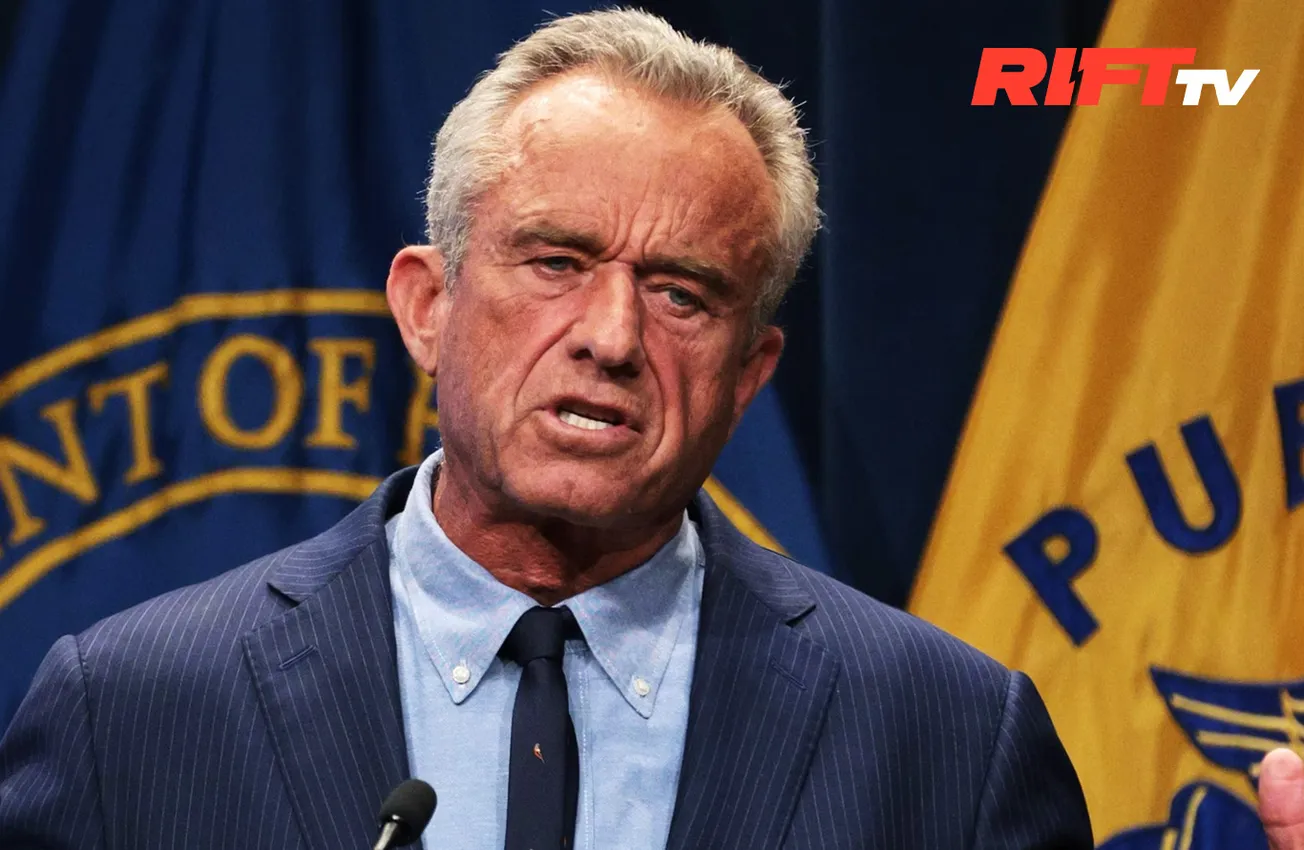“Woke” started as a social media buzzword but has now taken over corporate America. At first, it was about raising awareness of social justice issues, but today, being “woke” often means pushing extreme policies that divide rather than unite.
These practices can hurt the very groups they claim to help, which turns diversity into a box-ticking exercise rather than meaningful change. But it’s not that companies care. Let’s take a closer look at a list of woke companies whose “activist” efforts might not be as noble—or effective—as they appear.
Hasbro
If you grew up with Hasbro toys, you might be surprised to learn what it’s been up to. The company has made diversity a major talking point. Their big goals: By 2025, they want 50% of leadership roles held by women and 25% of their U.S. workforce made up of racial and ethnic minorities. But here’s the problem: Their approach is all about quotas, not qualifications. Hasbro openly admits to hiring and promoting based on race and gender rather than merit. That might sound great for representation, but it also undermines the contributions of qualified employees from different backgrounds.
Starbucks
Starbucks has made liberal values a clear part of its brand identity. But their diversity efforts have crossed the line into exclusion. Programs like their Leadership Accelerator are open only to Black, Indigenous, and People of Color (BIPOC), which leaves many qualified employees out in the cold. While the liberal media might cheer their efforts, others, like AFL, point out that these policies exclude a lot of people based solely on their race, which isn’t exactly fair—or legal. Worse, they reduce diversity to a checklist and treat employees like statistics instead of people. It’s a hollow strategy from the same company that claims to be green but then allows its CEO to commute 1000 miles on a private jet.
Mattel
Mattel, the company behind classic toys like Barbie, has jumped on the woke bandwagon with its diversity goals. They’re working to increase the number of women and underrepresented ethnic groups in their workforce, but they’ve made it clear that race and gender play a big role in hiring and promotions. While they claim it’s about social justice, it can leave people wondering if their achievements are being overshadowed by quotas. On top of that, Mattel stirred up controversy with its American Girl book, which promotes gender ideas that many parents find troubling. It all feels more like a PR move than a genuine effort to create positive change.
Disney
Disney, once the gold standard for family-friendly entertainment, has been at the center of controversies tied to its aggressive DEI policies and its feud with Florida governor Ron DeSantis. Their hiring mandates require half of all production roles to be filled by underrepresented groups, regardless of merit. Disney’s content strategy has also shifted—the company is chasing a new image and pushing away core audiences in the process. These moves seem less like genuine progress and more like an effort to stay ahead in the culture wars which, ultimately, leave everyone—employees, audiences, and shareholders—disenchanted.
An anonymous source just sent me this from Disney. It is mandatory, institutionalized racism and sexism! pic.twitter.com/npMy8YfA1j
— Elon Musk (@elonmusk) February 6, 2024
Shake Shack
Shake Shack’s diversity goals are ambitious: By 2025, they want 50% of leadership roles filled by women and 30% by people of color. But how they’re getting there raises serious questions. The company explicitly considers race and gender in hiring decisions, which clearly puts optics above merit. While this might score points in public relations, it looks like an effort to bring in token employees and leave out really qualified workers. These policies sideline individuals who don’t fit the demographic framework, which, ultimately, makes diversity about exclusion rather than inclusion. It’s performative at best, harmful at worst, and doesn’t really address systemic issues.









